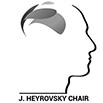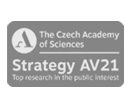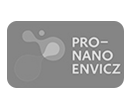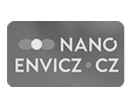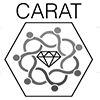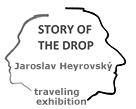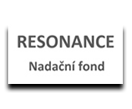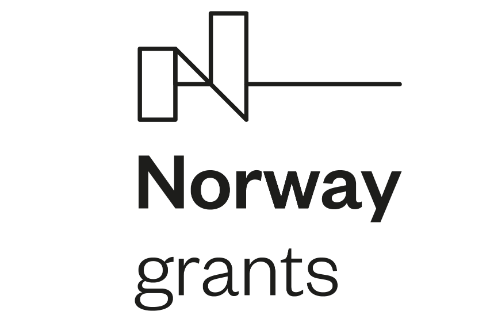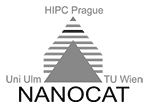Research Interests of Department of Molecular Electrochemistry and Catalysis
The Department of Molecular Electrochemistry and Catalysis focuses its research activities on uncovering fundamental relationships between the structure, geometry, electron distribution, and redox properties of organic, organometallic, and complex molecules using various electrochemical, spectroscopic, and quantum chemical methods. We also aim at interconnecting the outputs of fundamental studies with the design and synthesis of new molecules suitable for diverse applications (catalysis, chemical transformations, chemosensors, medicinal chemistry, etc.).
Special attention is given to molecules with multiple redox centers (push-pull systems, dinuclear complexes, polynitro compounds etc.), where their mutual interactions, intramolecular electron transfer, distribution of electron density and extent of delocalization are experimentally studied. Besides the novel macrocyclic compounds (like calixarenes) with expected application as specific receptors for cations or anions, and isobenzofurane based molecules for singlet fission (conversion of solar energy), the molecules of main interest involve transition metal complexes bearing organic ligands designed for homogeneous catalysis and medicinal applications.
The experimental facilities and equipment include a synthetic laboratory capable of handling highly air- and moisture sensitive materials, NMR, EPR and UV-vis/IR spectrometers, full electrochemical equipment and their in-situ combinations with above-mentioned methods (UV-vis and EPR spectro-electrochemistry, sonoelectrochemistry) for studies of radical intermediates in order to elucidate reaction mechanisms. Interpretation of experimental data is often correlated with quantum chemical calculations.
The research directions are:
-
Electrochemical investigation of organic, organometallic and coordination compounds in order to elucidate the relationship between their structure, geometry, electron distribution and redox properties.
-
Fundamental studies of redox properties, reaction mechanisms and catalytic abilities of newly synthesized organometallic molecules, influence of substitution and geometry.
-
Experimental and theoretical studies of molecules with multiple redox centers (intramolecular electronic interactions, extent of electron delocalization), use of redox probes.
-
Design and synthesis of new transition metal complexes
a) for catalytic transformations of unsaturated hydrocarbons (polymerization and oligomerization alkenes or alkynes) and other substrates.
b) with cytostatic, migrastatic, and radio-sensitizing properties.
c) as Lewis acid centers, displaying unusual reactivity, activation of small molecules.
-
Application of boranes, borates, and silanes in catalytic processes and their electrochemical studies.
-
Development and optimization of complex (binary, ternary) catalytic systems for organic transformations and elucidation of their reaction mechanisms.
-
Formation of electrochemically generated ligands based on stable poly-radicalic species, studies of their complexation properties
-
Stereoelectrochemistry - manifestation of conformation, molecular geometry and dynamic behavior in solution on electrochemical response
-
Combination of photo- and electrochemistry in studies of singlet fission based on isobenzofurane derivatives, ECL (electrochemically generated luminescence).
-
(Spectro)electrochemical investigation of reactivity of phthalaldehyde and other dialdehydes with O-, N- and S- nucleophiles, aminoacids and oligopeptides, in-situ identification of intermediates and products, elucidation of mechanism.








